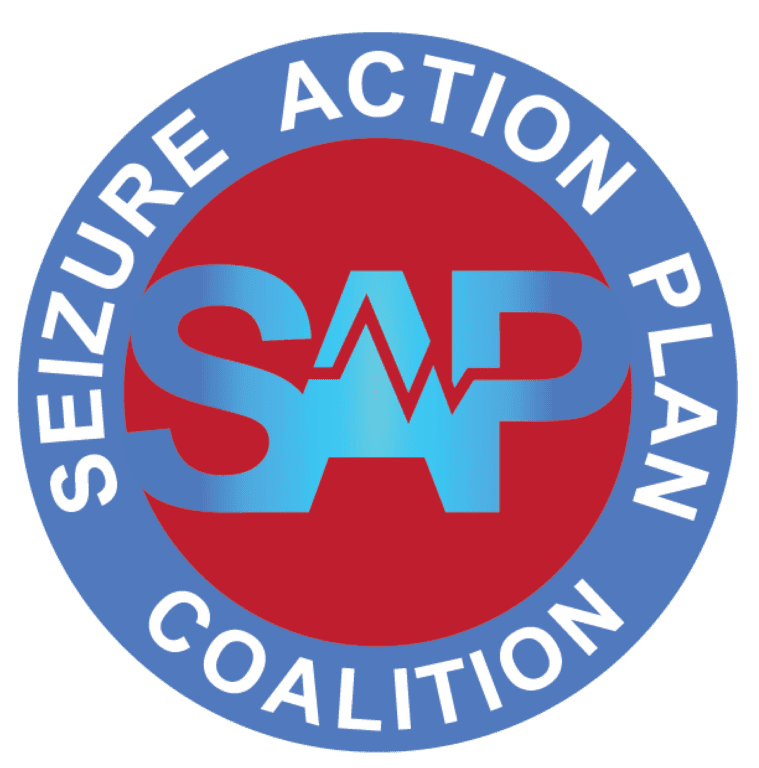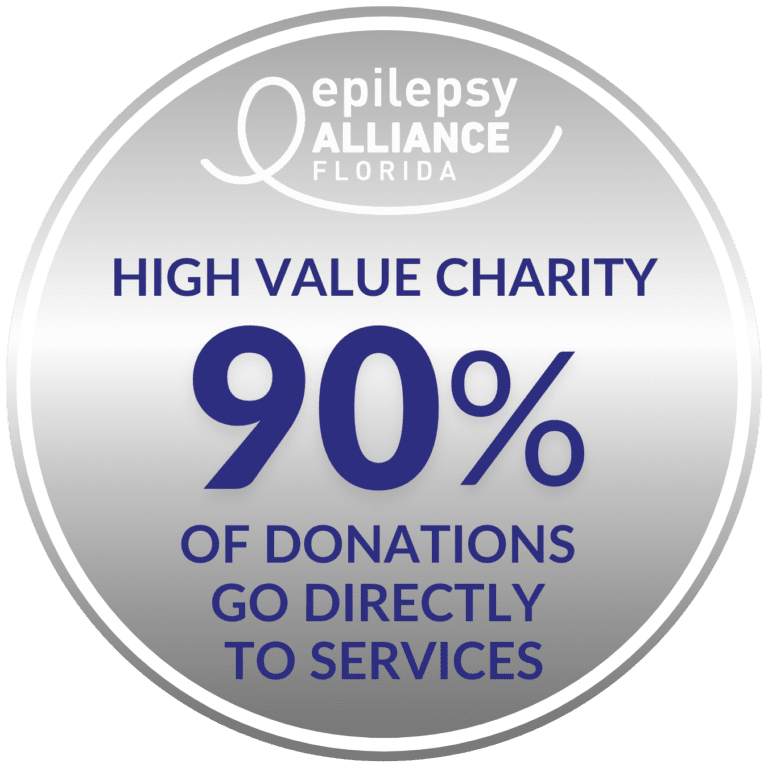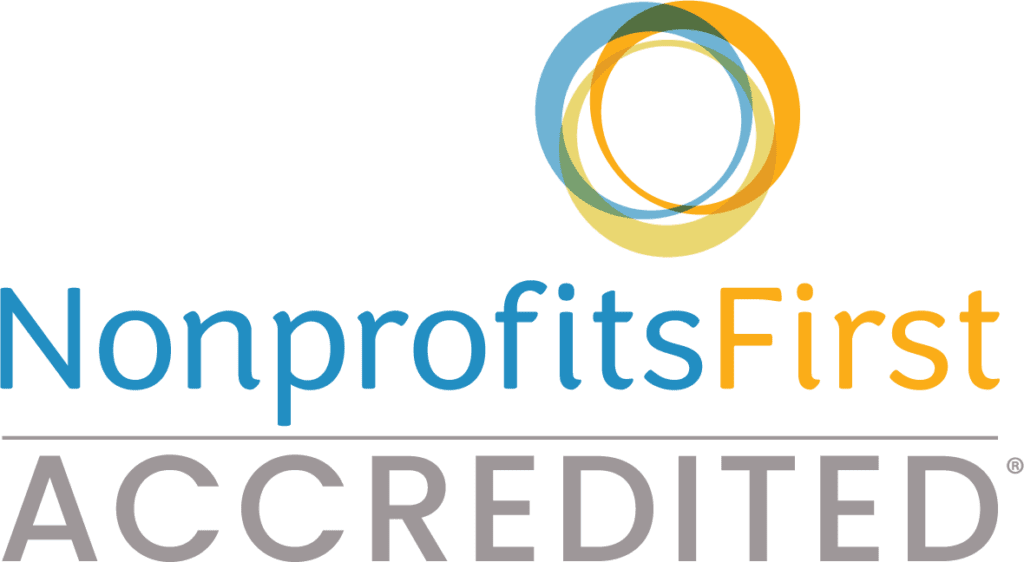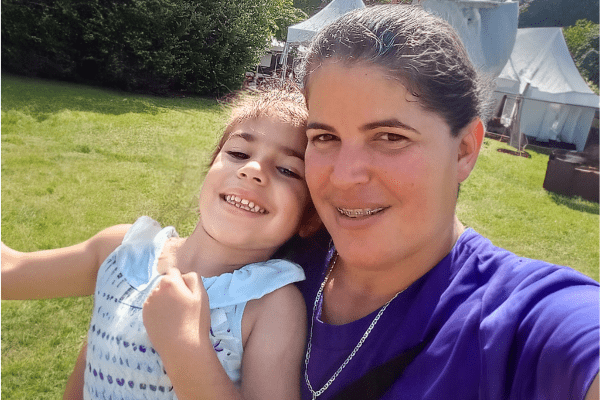
Yammara | Unwavering Support
Yammara Sambrine has been part of Epilepsy Alliance Florida since she moved to Miami in 2006. She had her first
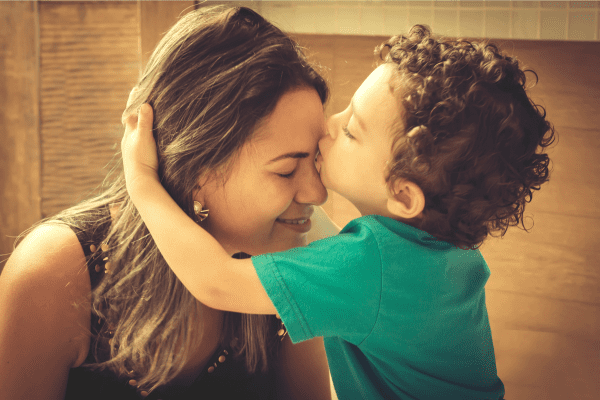
As frightening as it is for a child to be diagnosed with epilepsy, it is even scarier for the parents. When parents find themselves in the emergency room, unsure of what is happening to their child, all they can do is start praying when their son or daughter is experiencing a tonic-clonic seizure that lasts more than five minutes.
When the doctor finally arrives and explains what is happening, parents have so many questions: “Will they grow out of it?” “How will my son manage when he goes back to school?” “Will my daughter’s friends still be there for her because of this?”
Parents always ensure their child’s teachers and school nurses know what to do and what not to do in case their son or daughter has a seizure in the classroom or anywhere on the school’s campus. They also make sure that their child’s Individualized Education Program (IEP) includes their epilepsy, especially if the child already has an IEP for learning disabilities. As someone with epilepsy, I know my mom made sure of that for me.
I think back to the time when my mom and I first found out I have epilepsy. It was Presidents’ Day weekend, and I remember going into my parents’ bedroom to tell my mom I had a migraine. She told me to come lie down next to her in bed. The next thing I knew, I woke up at Robert Wood Johnson Hospital in New Brunswick, NJ, with my mom beside me on the hospital bed, and my sister, who was 13 at the time, sitting in a nearby chair.
My mom has spent countless hours learning about epilepsy. She wanted to know exactly what to do and what not to do when I was having a seizure. She made sure I had the best doctors in town managing my case. The pediatric neurologist I saw at Robert Wood Johnson Hospital was Dr. David Mandelbaum, the chief pediatric neurologist. He always told my mom and me that my case was a tough one to crack.
My mom made sure I never worried about anything related to my epilepsy. She kept me focused on my schoolwork and after-school activities like wrestling, karate, and my bar mitzvah studies, so I didn’t have to dwell on my diagnosis.
I believe that parents are crucial to their child’s life with epilepsy, from youth through adulthood. You never know when you will need your parents, especially your mother. Your mom will always be in your corner when it comes to your epilepsy. I know mine is. She will always be there for me, and I’m almost 36 years old.
Written by: Danny Rosenfeld

Yammara Sambrine has been part of Epilepsy Alliance Florida since she moved to Miami in 2006. She had her first

Meet Teo Vasconcellos, an inspiring 18-year-old boy who came to the U.S. from Argentina in 2016. At the age of
Epilepsy Alliance Florida is dedicated to supporting the more than half a million Floridians impacted by epilepsy by confronting the spectrum of challenges created by seizures. For more information or to visit your local office, please contact us by clicking here.
Serving: Alachua, Baker, Bradford, Broward, Citrus, Clay, Collier, Columbia, Dixie, Duval, Escambia, Flagler, Gilchrist, Hamilton, Hernando, Indian River, Lafayette, Lake, Levy, Marion, Martin, Miami-Dade, Monroe, Nassau, Okaloosa, Okeechobee, Palm Beach, Pasco, Pinellas, Putnam, St. Johns, St. Lucie, Santa Rosa, Sumter, Suwannee, Union, Volusia, and Walton Counties.
